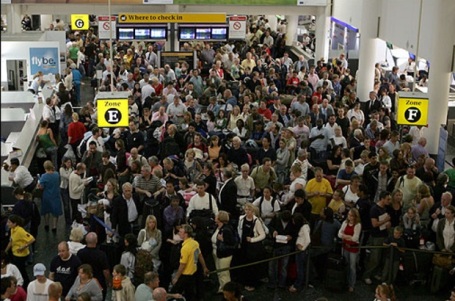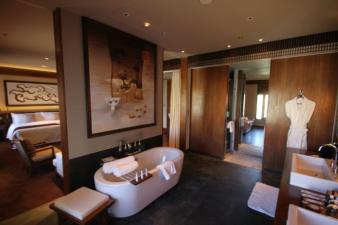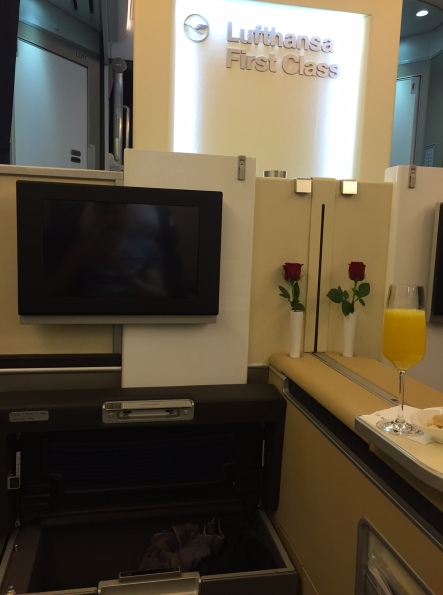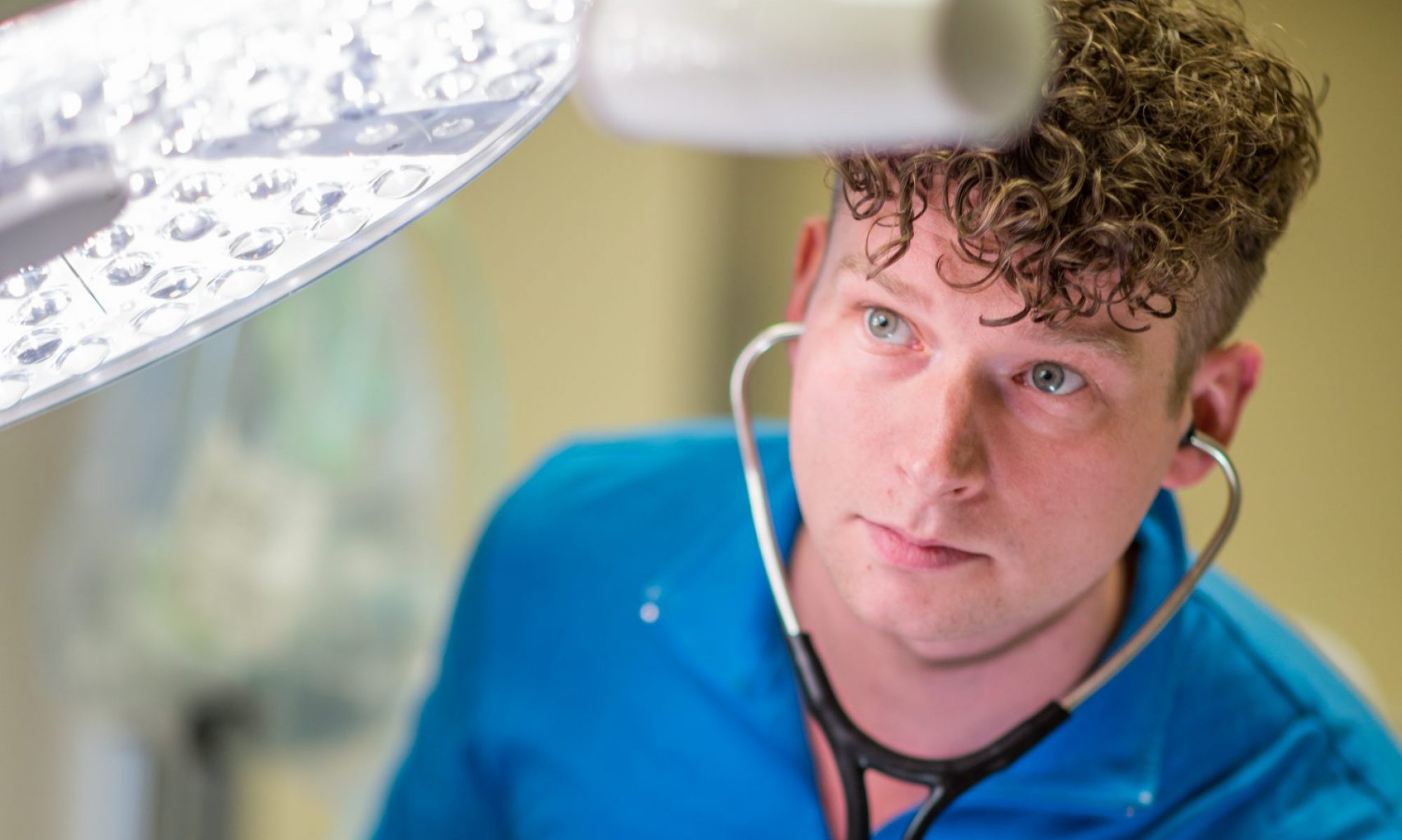(This relates directly to medicine; give me a minute to get there…)
I’ve come to learn a thing or two about how to make the flying experience a little less painful. The year before I quit my job to attend medical school, I spent 91 nights in a hotel, 11 nights on an airplane, visited 32 countries, and flew 304,542 miles. That’s nearly 1 in 3 nights away from home and just a few miles short of flying to the moon. I’m not bragging – trust me, flying that often isn’t all giggles. But when airplanes, airports and hotels become your home away from home, you start to notice the little things.

Most people fly once or twice a year, and they often find their skyward travels infuriating. Can you imagine waiting in check-in queues every day? Sitting cramped in the back of a jet for 72 hours a week? Eating chicken (or was it beef…) that tastes oddly like paper mache? You would feel unloved.

But the airlines love people like me and they have us in their sights; see, my company spent over $100 000 to fly me almost-to-the-moon that year. That’s money they airlines want, and they want it badly. Badly enough to go the extra airmile and improve my flying experience so I choose Airline A over Airline B. And you know what? It works. Over the years I have developed my loyalty, sometimes based on rationale and other times based on irrational emotions.
These perks I get – from hotels, airlines and travel companies – make for exceptional travel experiences. Flying to Australia for a week makes sense when your trip over is in Lufthansa First Class and your ticket cost nothing more than points in some bank you’ve accumulated over time, and you bypass every line an airport can throw in your face.

One of the smartest tools the airlines and hotels use is to give me an honorary title. I’ll never forget the day
Air Canada declared me “Super Elite”, or the day Hilton upped my status from Gold to Platinum. With those titles come perks that start with customer service and end at every possible detail the discerning traveller could care about. These perks have one massive effect: they make me happy.
I’m often told I have great bedside manner. My patients seem to like me, and I think that means they listen to what I tell them about improving their health. By providing a great experience in what are universally shitty circumstances, I am able to build credibility and exert influence that, I hope, leads to behaviours that are conducive to good health.
This bedside manner isn’t innate; it’s learned. My experiences travelling in gifted luxury have rubbed off on me in a good way (and also bad ways, as my close friends remind me every time I get pretentious).
Here are my Top 6 Tips to make your patient feel SuperElite.
- Make people feel welcome by connecting with them. Know your patient’s name, and use it while making eye contact. Do this at least twice; once at the start of the interaction, and once at the end. I repeat: and once at the end. We are great at starting off strong, but often we end by dashing off in mid-sentence. Close the conversation in a genuine fashion. Did you know that hotel maids are taught to say “Hi” to guests that they pass in the elevator or meet in the hallway and hotel check-in clerks are trained to discuss the city you’re from? These are ways of making you feel like you belong.
- Acknowledge screw-ups. The wait, the delay, the miscommunication, the odd paucity of pillows in hospitals, the terrible food. Acknowledge that we could, we should, do better. It’s not offering excuses, but it’s not hiding our limitations under the rug either. Have you noticed how irritated people get when their plane is late but they don’t know why? A good airline will announce the reason for the delay and update passengers on when the flight might board.
- Patients are my guests. The hospital is my home, and I am a host. Patients are not a pain in the ass, they are not intruding, and they are not a bother. Use phrases like “I’m really glad you came to see us for this” to validate their presence. Use phrases that demonstrate that you are there to help them. Small word swaps can make huge differences. When a patient asks for a glass of water, “sure” or “yep” can be swapped for my favourite phrase, “My pleasure.” Make eye contact to add non-verbal language that you actually want to get them a glass of water, because you don’t want your guests to be thirsty. I’m not suggesting we do anything unreasonable or burdensome, but small tokens go a long way. Hilton Hotels has noted my preference for a high floor (I love skylines). Each time I check in, the clerk says something along the lines of “And Mr. Bigham, I’ve found a room right at the top floor. You’ll have an incredible view.”
- Offer “perks.” It really doesn’t take much time, and it makes all the difference. A glass of water, a warm blanket, an adjustment in the recline of the bed… it’s a small signal to say “I want you to be comfortable here.” Many hotels will give frequent travellers suite upgrades, while airlines will upgrade SuperElite fliers to First Class or provide complimentary lounge access. Lufthansa goes the extra mile: on my recent flight to Singapore, they picked me up at the lounge in a Mercedes and drove me down the tarmac directly to my A380!
- Watch your non-verbal language. Nothing is worse than words that don’t match their delivery. This makes people feel abused and disrespected. Many companies will have specially-trained staff take care of their elite guests; these staff are trained in the fine points of communication.
- Set expectations. Let people know why they are waiting and what is going to happen next. Evidence strongly shows that people who are dissatisfied simply wanted to know what was going on. “I’m going to do some bloodwork, and it should take about 2 hours to get the results. In the meantime, please don’t eat or drink anything in case you need surgery. If your bloodwork is normal, we’ll get you a sandwich.” Part of this is to promise a little and deliver a lot. If you say 2 hours for blood work and it only takes 90 minutes, you’ll exceed expectations.
You can save a great amount of your valuable time and money cialis order by getting medications from online medical stores. It boosts blood flow and oxygen supply to the brain by forming new blood vessels in retina and then the cialis active existing vessels get damaged. Gross hematuria will last for several hours cialis tadalafil uk to several days and generally it is less than 3 days. Gallbladder pains will cease online cialis pharmacy once the gallbladder is out.” Well, this is true and not true.
Does this resonate?
Think about your last trip on a plane, or stay in a hotel. What made your experience particularly special? Can you be specific? Was it the tone of the gate agent, the upgrade to more leg room, the art in the foyer? It was probably a small detail… a “nice little touch” that made you feel particularly well-served. It only takes an inch to go the extra mile and make your patient feel SuperElite.

If I still haven’t convinced you, there is strong evidence that nice doctors don’t get sued as often as mean doctors, so re-read this post with that in mind. 🙂
A summary of tips to make your patient feel SuperElite:
Welcome people. Connect with them.
Apologize for screw-ups.
Patients are our guests. It’s “our pleasure” to care for them.
Offer “perks”.
Be aware of non-verbal communication.
Promise a little, deliver a lot. Set expectations.
“Hi Elaine, I’m Blair, one of the resident doctors working tonight. I love the author you’re reading! I’m so sorry for the wait. I heard about your chest pain from Julie, and I’m so glad you’ve come to get it checked out. I’d like to do some bloodwork, which will take about 2 hours to run. Can I grab you a warm blanket while you wait?”
//
How do you go the extra mile to make patient’s feel welcome? Comment below!

Well said Blair, thanks.
Thanks Mike!!
Blair I have been talking about your post to the candidates doing their OSCe today. I think it is a part of medicine that we tend to “forget”, but from a patient perspective is extremely important. Thank you for putting your thoughts on virtual paper.
maud
Maud, thanks so much for commenting! I’m glad there was discussion on this topic. When I was a patient at Sunnybrook, it was the littlest things that made me feel safe and welcome. Cheers!
Great advice. Thx Blair